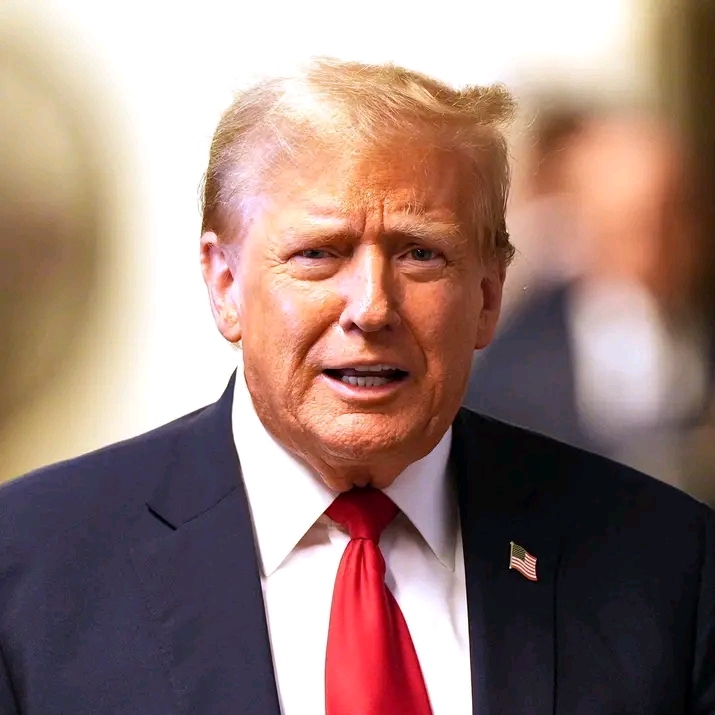Supreme Court Set to Decide on Donald Trump’s Claim of Immunity Amidst Criminal Prosecution Case
The Supreme Court has initiated proceedings to assess whether former President Donald Trump can claim immunity to avoid criminal prosecution for actions he undertook to maintain power following the 2020 election loss.
The case, titled Donald J. Trump v. United States, presents a constitutional challenge unprecedented in American history.
The case revolves around Trump’s efforts to overturn the electoral results certifying Joe Biden’s victory. Trump, denying any wrongdoing, faces potential federal trial on multiple felony charges, including conspiracy to defraud the United States and obstruction of an official proceeding, as outlined by special counsel Jack Smith.
Trump’s legal team argues that he possesses “absolute immunity” from prosecution for acts performed during his presidency, suggesting that allowing criminal charges against former presidents would leave them vulnerable to political attacks and legal challenges post-office. This assertion has already been dismissed by two lower courts, including a unanimous decision by the U.S. Court of Appeals for the District of Columbia, which stated that Trump, now a private citizen, holds no special privileges above any other citizen under law.
The appeals court further emphasized that accepting Trump’s argument would disrupt the constitutional balance of power, placing a president beyond legal accountability. Conversely, special counsel Smith contends that Trump’s claim of immunity is unsupported historically and contravenes the principle that no one, including a president, is above the law.
